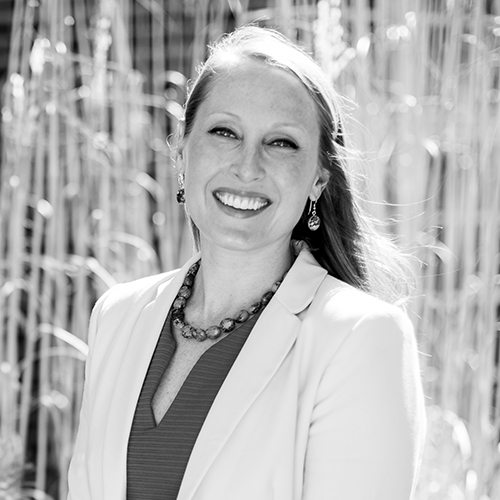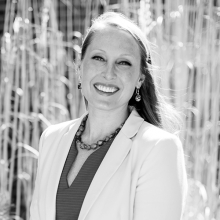What Advice Would You Give to Future and Current Lawyers?
 On the occasion of his retirement, John Lande, now Professor Emeritus at the University of Missouri School of Law and ETL Fellow, collected his advice to law students and lawyers in an essay entitled “My Last Lecture: More Unsolicited Advice for Future and Current Lawyers.” Professor Lande modeled the paper after Stephen D. Easton’s article of a similar name, which has been required reading in Professor Lande’s 1L Lawyering course at the University of Missouri since 2004.
On the occasion of his retirement, John Lande, now Professor Emeritus at the University of Missouri School of Law and ETL Fellow, collected his advice to law students and lawyers in an essay entitled “My Last Lecture: More Unsolicited Advice for Future and Current Lawyers.” Professor Lande modeled the paper after Stephen D. Easton’s article of a similar name, which has been required reading in Professor Lande’s 1L Lawyering course at the University of Missouri since 2004.
Professor Lande begins by addressing law students, urging them to take full advantage of their time in school—by learning to learn, identifying career options, developing a plan based on the knowledge and skills required by those careers, and taking courses and participating in externships relevant to those goals. He also advises that law students begin to build professional connections early, identifying mentors within the school and out in the community (a piece of advice also recommended by Educating Tomorrow’s Lawyers Director Alli Gerkman).
In the rest of the essay, Professor Lande emphasizes respect—both for clients and other attorneys—and good professional judgment. He suggests focusing on clients’ needs by communicating clearly and listening to their perspectives and desires: “Always remember that your first priority should be your clients’ interests, not yours.” He also instructs attorneys on opposite sides of a case to develop good relationships with each other, thereby establishing channels to quickly resolve procedural matters, exchange information, and more efficiently reach a resolution, meanwhile affording both sides a more pleasant experience. “If you are confident and competent, you have little to lose by developing a good working relationship with your counterparts.”
Professor Lande concludes by urging lawyers to use their powers for good:
So please take great care as you exercise the great powers you are receiving from your legal education and authority to take legal actions. As you diligently represent your clients, do as much good as you can and minimize the harm, including the harm to the other side.


